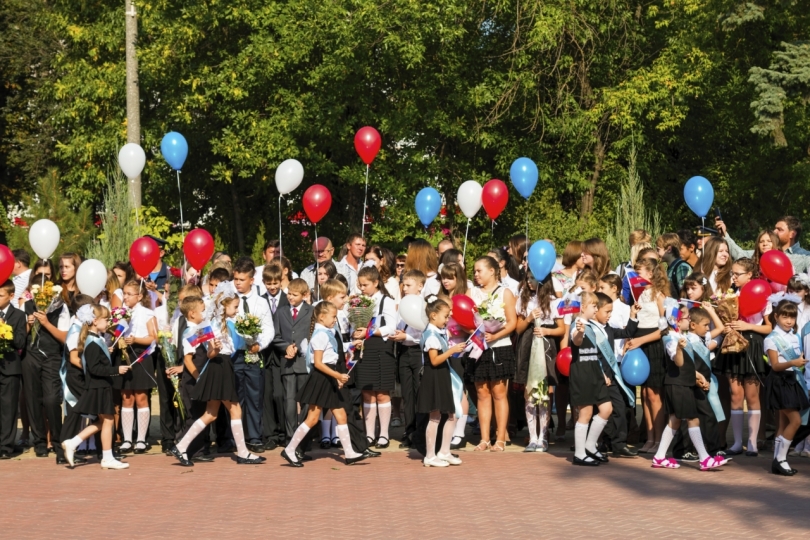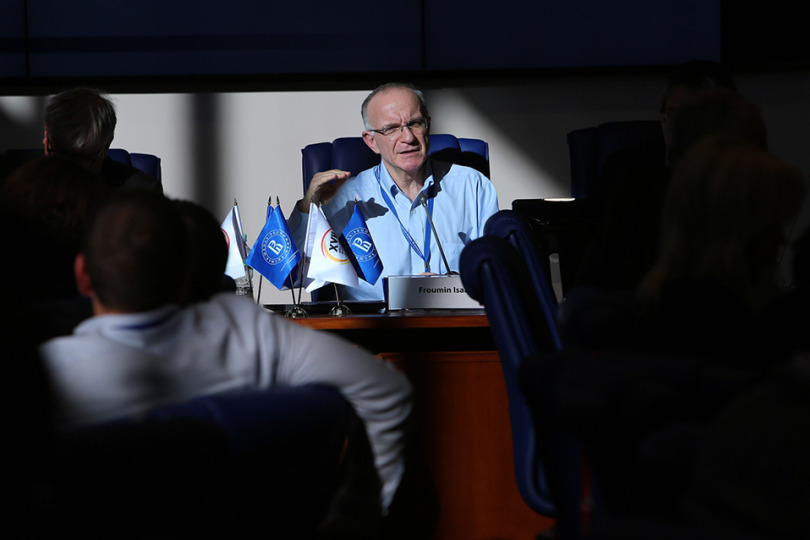
Small Towns Risk Losing Young People
Russian small towns risk being depleted of young people, as three-quarters of school leavers are planning to migrate to regional centres, Moscow or St. Petersburg in search of a better life, while just 4% are prepared to stay in their home communities.
Microhistory Days at HSE
This April, Microhistory Days took place at HSE. The event coincided with the visit to the School of History of Prof. Sigurður Gylfi Magnússon (Reykjavík Academy in Iceland) and Dr. István Szijártó (Loránd Eötvös University, Budapest), renowned experts in microhistory, founders of the Microhistory Network, and authors of What is Microhistory? Theory and Practice, a comprehensive analytical monograph.
HSE and Berkeley to Conduct Joint Research
The HSE Institute of Education and the University of California – Berkeley (USA) have signed a memorandum to jointly administer an international Student Experience in the Research University (SERU) Consortium until 2020. The memorandum calls for the two universities to implement a major four-year project on higher education studies involving over 30 universities from various countries.
Dutch Student Investigates Languages of the Caucasus
Samira Verhees, a Ghent University alumna and doctoral student at the HSE School of Linguistics, spoke about her Caucasian studies.
New Book Explores Foresight in Innovation Policy and Management
Policymakers are increasingly turning to foresight techniques for guidance when addressing the wide array of problems and challenges arising in their work. A new book co-edited by Leonid Gokhberg, Dirk Meissner, and Alexander Sokolov from the HSE Institute for Statistical Studies and Economics of Knowledge (ISSEK), attempts to add another dimension – namely, opportunities – that can come from proper application of foresight techniques. Deploying Foresight for Policy and Strategy Makers: Creating Opportunities Through Public Policies and Corporate Strategies in Science, Technology and Innovation (Springer, 2016) features essays by more than a dozen scholars on various aspects of foresight application in today’s policy environment.
Economics of Sport Discussed at HSE April Academic Conference
Economics of sports was one of the topics featured at the recent April Academic Conference. A section led by HSE Deputy Vice Rector Dmitry Dagaev included sessions dedicated to financial and organizational regulation, competitive balance, and determinants of success in sport. Two of the sessions were moderated by international scholars, Prof. Dennis Coates and Dr. Tim Pawlowski, who have talked to HSE News about their research interests and the importance of sports in modern global economy.
Science Management Needs Evidence-based Tools
The technological image of the world is changing rapidly. Even for ordinary consumers, tracking new products on the market and analyzing their benefits and drawbacks is becoming more and more complicated given the abundant supply. This task is even more pressing for those who make decisions to advance certain areas of research and development. A presentation by Leonid Gokhberg, First Vice Rector of HSE and Director of the HSE Institute for Statistical Studies and Economics of Knowledge (ISSEK), at an April Conference plenary session, argues how global challenges enhance the need for evidence-based R&D and innovation policy.
HSE Researchers Receive Gaidar Award for Young Economists
HSE Professors Alexander Tarasov and Roman Zakharenko have received the Gaidar Award for Young Economists for their article on the connection between trade costs and defense spending. A special award also went to the paper ‘Bad News: An Experimental Study on the Informational Effects of Rewards,’ whose authors include HSE Associate Professor Anton Suvorov.

Low Income of Parents Should Not Stand in the Way of Their Children's Education
The plenary session of the XVII International Academic Conference ‘From the Broad Educational Opportunities Towards Social Mobility Through Education’, held on April 20, 2016, was dedicated to the ways of overcoming inequality in education.
Competition and Cooperation
On April 19th, 2016, a seminar on ‘Federalism and Regionalism in Russia and Germany’ took place at HSE in St. Petersburg as part of the 13th German Week in St. Petersburg. The seminar was organized by the Department of History and the Department of Political Science at HSE in St. Petersburg together with the Consulate General of the Federal Republic of Germany in St. Petersburg and the Forum of Federations.

